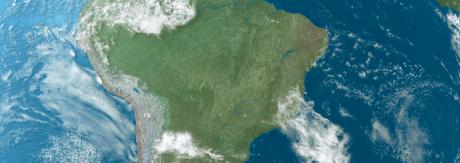
Renewed focus on the negative effects of soy protein
In South America where the soy is cultivated, the consequence is clearing of rainforests and serious illnesses among the local population.
This has made the Minister for Food, Agriculture and Fisheries of Denmark to state that she wants Danish agriculture to only use sustainable soy. She states that the only ambitious goal that one can have, has to be 100 % sustainably produced soy protein.
WWF is very pleased to hear that the Danish government will take action. Besides easing the problems with pesticide sprays, a sustainable soy production will help slow down the clearing of rainforests.
“What we really want is to make sure that we preserve our rainforests, and if we can control the problems of soy production, we have come really fare,” says secretary-general in WWF, Gitte Seeberg.
Lack of certified soy
According to the Round Table on Responsible Soy (RTRS), the organisation in 2012 reached 1 mill. tons of certified soy. This amount is not even enough to satisfy Denmark’s protein needs, which amplifies the need to look at all possible source of protein.
An alternative to is wheat protein like the one that Hveiti will produce in its biorefining process. Wheat protein can replace soy 1:1, and the amount of protein produced at Hveiti will be able to phase out 8-10 % of Denmark’s soy imports.
Follow the developments within biorefining. hveiti regularly informs about our efforts to improve the environment.
Copyright © 2011 | Hveiti | Design Rabotnik




